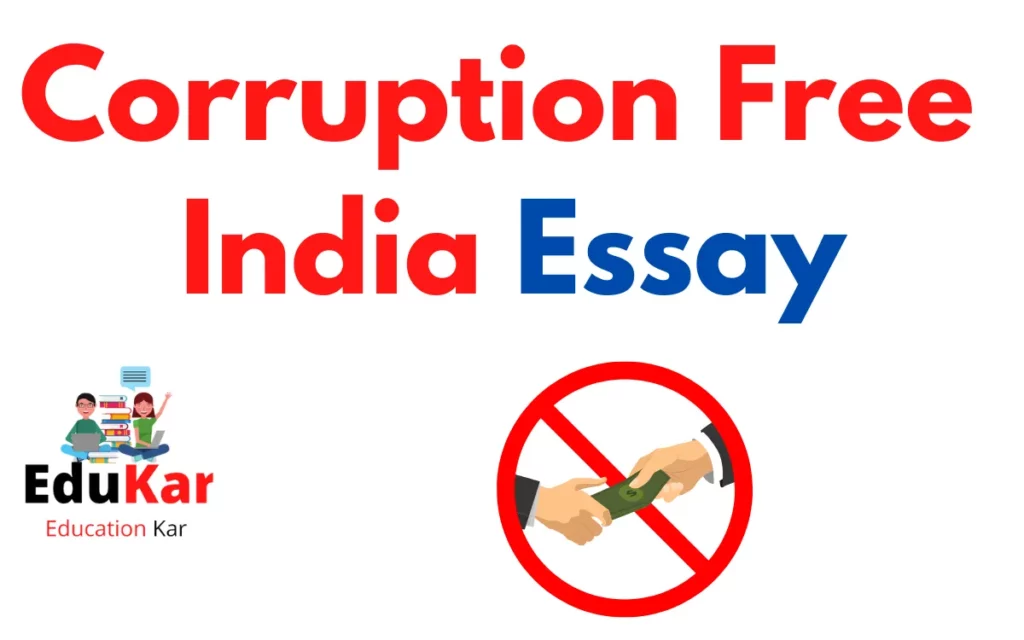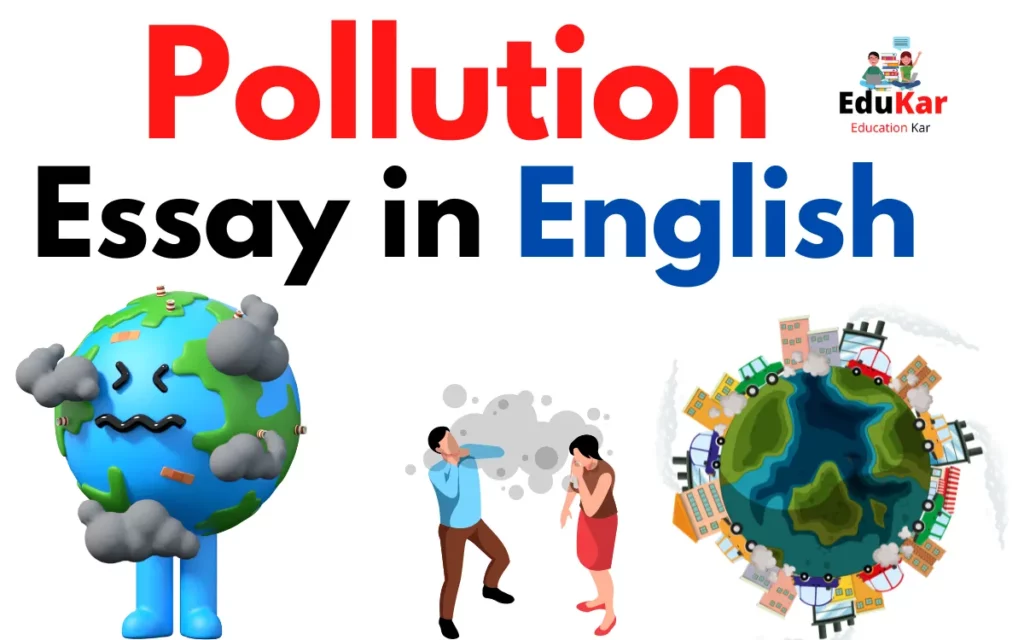Contents
Whether you are a student writing an essay on corruption in India or someone who is simply interested in the topic, this post will provide you with valuable insights and information on this important issue.

Introduction
Corruption is a major problem in India, impacting every aspect of society from government to private businesses. It is a barrier to the development and progress of the country, and a corruption-free India is essential for the well-being of its citizens. In this blog post, we will explore the various types of corruption that exist in India, the causes of corruption, the effects it has on the country, and the measures that can be taken to combat it.
Types of corruption in India
There are several different types of corruption that exist in India, including political corruption, bureaucratic corruption, and corporate corruption. Political corruption refers to the use of political power for personal gain, while bureaucratic corruption involves the abuse of public office for personal benefit. Corporate corruption, on the other hand, refers to illegal or unethical practices by private companies. These types of corruption are prevalent in India and have a detrimental effect on the country’s economy and society.
Causes of corruption in India
The causes of corruption in India are varied and complex. Lack of transparency and accountability, weak institutions and laws, poverty and inequality, and cultural and societal factors all contribute to the problem. The lack of transparency and accountability in government and private institutions allows for corrupt practices to go unchecked. Weak institutions and laws make it difficult to prosecute and punish corrupt individuals. Poverty and inequality can also lead to corruption, as those who are struggling to make ends meet may resort to illegal or unethical practices to survive.
Effects of corruption on India
The effects of corruption on India are far-reaching and damaging. On an economic level, corruption leads to a loss of revenue and hinders foreign investment. On a socio-political level, corruption undermines the rule of law and erodes trust in government and institutions. It also negatively affects the citizens, as they are the ones who bear the burden of corruption through higher prices, poor services and lack of opportunities.
Measures to combat corruption in India
To combat corruption in India, several measures must be taken. Legal and institutional reforms, such as the creation of independent anti-corruption bodies and the strengthening of existing laws, are crucial. Education and awareness campaigns can also play a role in raising public awareness and building a culture of integrity. Whistleblower protection and incentives can also be implemented to encourage people to speak out against corruption. Civil society engagement and grassroots activism can also be effective in pressuring government and institutions to take action against corruption.
Conclusion
In conclusion, corruption is a complex and pervasive issue in India that affects all aspects of society. A corruption-free India is essential for the well-being of its citizens and for the country to reach its full potential. To achieve this goal, we must all take responsibility and work together to combat corruption through legal and institutional reforms, education and awareness campaigns, whistleblower protection and incentives, and civil society engagement and grassroots activism. It is an ongoing battle, but with the collective effort of citizens and government, we can create a more just and equitable society in India.
FAQs for “Corruption Free India” Essay
Q: What is corruption?
A: Corruption is the abuse of power for personal or private gain. It can take many forms, such as bribery, embezzlement, and nepotism.
Q: Why is corruption a problem in India?
Corruption in India is a problem because it undermines the rule of law and erodes trust in government and institutions. It also negatively affects the citizens, as they are the ones who bear the burden of corruption through higher prices, poor services and lack of opportunities.
Q: How can we achieve a corruption-free India?
Achieving a corruption-free India will require a multifaceted approach, including:
-Strong and independent institutions to investigate and prosecute corruption
-Laws and regulations that promote transparency and accountability
-A culture of integrity and civic responsibility among citizens
-A strong civil society and active citizen engagement
-Economic and social policies that reduce inequality and poverty
Q: What are the consequences of corruption in India?
A: The consequences of corruption in India include:
-Reduced economic growth and development
-Inequalities and lack of access to basic services for the poor and marginalized
-Erosion of public trust in government and institutions
-Damage to the rule of law and democratic processes
-Loss of revenue due to embezzlement and bribery
















